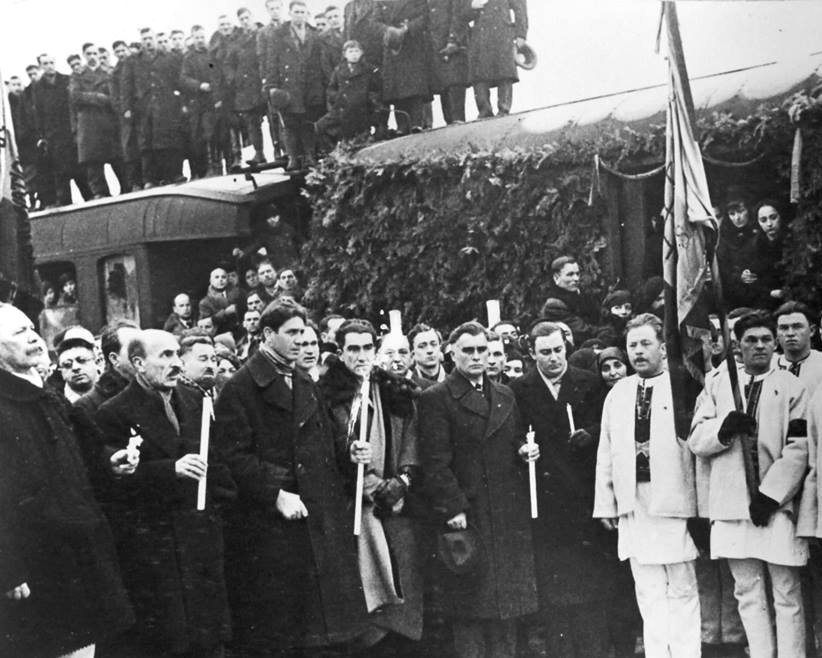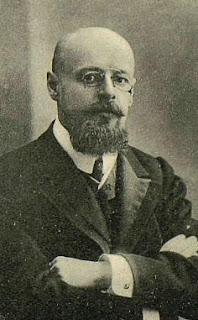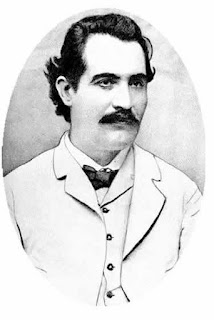Weimar Germany, the Russian Civil War, and the Purishkevich-Ludendorff Connection
Erich Ludendorff
After the Russian Civil War had broken out, a
pro-German wing of the Russian White movement appeared in contrast to the pro-Entente
sentiment of the mainstream Russian Whites. It must have been difficult for these Russian nationalists
to forgive General Ludendorff and the Germans for aiding the Bolshevik
Revolution and overseeing the Treaty of Brest-Litovsk. Yet, in their eyes, compared to the
Entente Powers, with their pro-Bolshevik banks and criminal negligence of their
Russian ally’s logistical needs, Ludendorff and the Germans had only been doing
their jobs.
From
1918 until 1923, this pro-German wing of the Whites, initially formed by
Vladimir M. Purishkevich upon his release from prison in 1918, would heavily
influence the direction of the nationalist right in Weimar era Germany. The extent of this influence includes,
but is not limited to, the fledgling NSDAP in the years before the Beer Hall
Putsch of 1923. It also includes
the 1918 translation of The Protocols of
the Elders of Zion into German, as well as helping Ludendorff engineer the
Kapp Putsch of 1920 – the same year Purishkevich died.
In
The Russian Roots of Nazism: White
Émigrés and the Making of National Socialism 1917-1945, Michael Kellogg
covers this subject in a more scholarly way than the book’s sensationalistic
title suggests. For anyone
interested in any of the events or personalities covered in this book, it is a
highly recommended classic. The
book’s scholarly tone is always cold, but never boring.
While
Hitler himself insists in his autobiography that he became an anti-Semite in
Vienna before World War I, Kellogg formidably argues that Hitler only gained
his courage of conviction after reading The
Protocols and meeting a mysterious clique of White Russians and their
Baltic German allies. The book
also produces some surprising quotes by Alfred Rosenberg and even Hitler himself
in praise of the Russian nation, if certainly not the contemporary Bolshevik
government. However, other than describing
the Russian connections of Hitler’s mentor and favorite of the National
Socialists killed in the Beer Hall Putsch (Max von Scheubner-Richter), the book
leaves the reader somewhat in the dark as to why Hitler’s attitude toward the
Russians changed after 1923.
Many
of the figures described in this book demand their own biographies, but Kellogg
is wise not to turn the book into one.
Without a biographical focal point, the book coldly allows the
distressed age to become the main character. The Russian Roots of
Nazism even provides illuminating information on subjects that one would
not expect from the book, such as the now-little-known views of Schopenhauer
and Dostoevsky on the Jewish question.
Despite such wide range, the book never strays far from focus.






Comments
Post a Comment